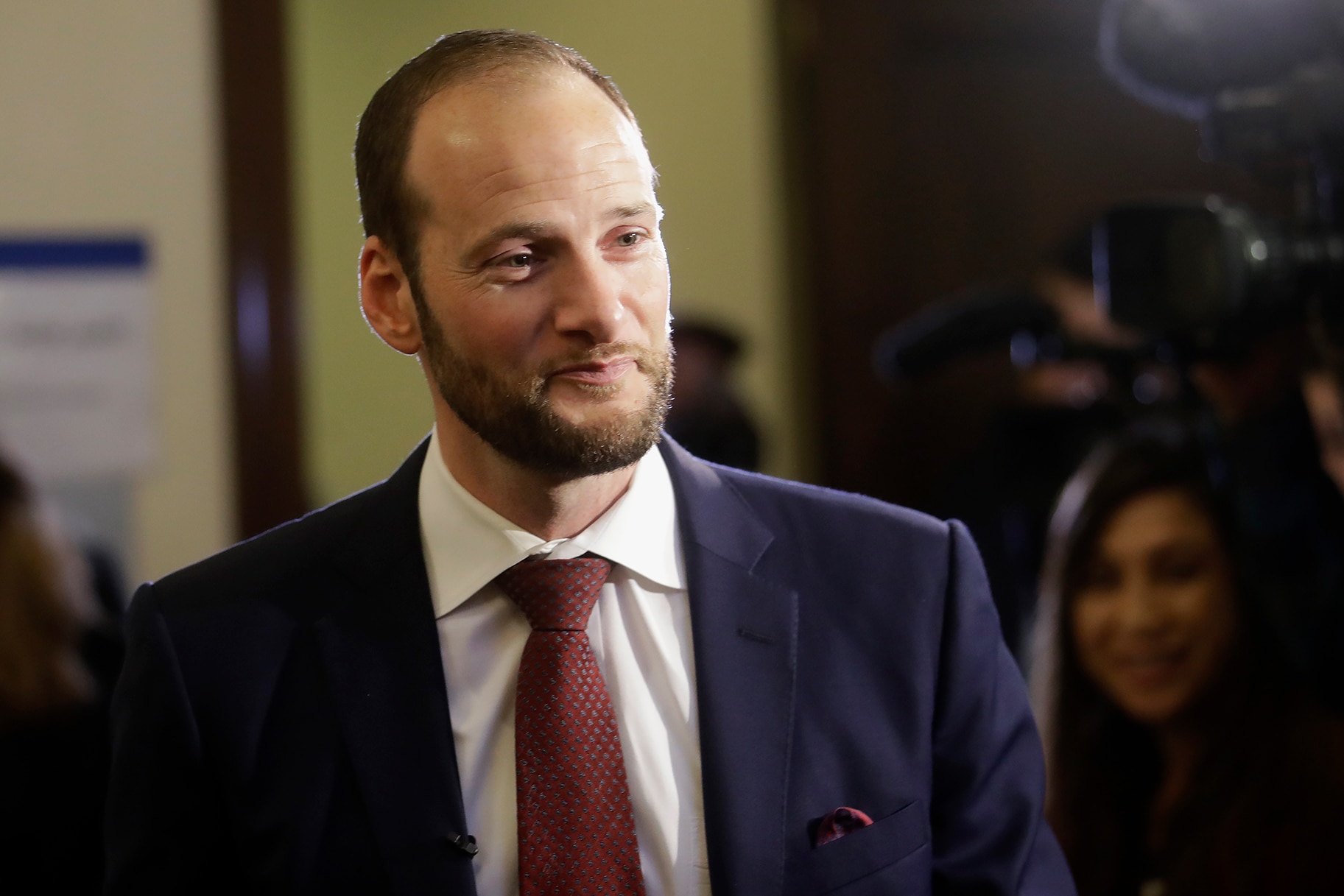Create a free profile to get unlimited access to exclusive videos, breaking news, sweepstakes, and more!
San Francisco DA Blasts Police's Alleged Use Of Victim's Rape Kit DNA For Criminal Investigations
San Fransisco District Attorney Chesa Boudin said he is "disturbed" by the police department's alleged practices of storing rape kit DNA in a database and using it for unrelated investigations.

San Francisco police have been using DNA collected from rape victims to identify them later as suspects in separate crimes, the city's district attorney, Chesa Boudin, said this week as he denounced the practice.
“Rapes and sexual assault are violent, dehumanizing, and traumatic. I am disturbed that victims who have the courage to undergo an invasive examination to help identify their perpetrators are being treated like criminals rather than supported as crime victims,” said Boudin in a press release.
Boudin initially learned of the practices last week after The San Fransisco Police Department had arrested a woman on felony property charges and identified her using DNA samples she had previously given in a rape kit, reported The New York Times.
Boudin stated in a press conference on Tuesday that he was given a report from the lab that showed an unknown sample from a crime scene was compared to a DNA sample from a 2016 rape kit that had been entered the SFPD Crime Lab Forensic Biology Unit Internal Quality Database.
Boudin was told by the staff at the crime lab that using DNA from rape kits and implementing them into a database to determine any other information is “normal practice,” he said in the press conference.
The DA’s office dropped the charges against the woman and is working to draft legislation that would explicitly ban this kind of practice San Francisco; however, Boudin suggested in the press conference that there is reason to believe crime labs all across California follow similar practices.
“This case shows us how deeply flawed our criminal justice system is when addressing the needs of survivors of sexual violence,” said KellyLou Densmore, director of the DA's Office of Sexual Harassment and Assault Response.
“Getting a rape kit is an extremely vulnerable experience and often retraumatizing.”
Boudin remarked that such practices are not only unethical, but victims unknowingly having their DNA stored also violates their 4th Amendment rights and California's Marsy’s Law, designed to ensure victims' rights.
Several aides to Boudin cited the invasiveness of a rape kit, reiterating how burdensome it is for victims. Victims that do come forward and agree to a rape kit have to sign a waiver, but nowhere does it suggest that they consent to their DNA being used in any other investigation.
One in two women are sexually assaulted in their lifetime, but these attacks continue to be underreported, District Supervisor Hillary Ronen said in the press conference, emphasizing the importance that law enforcement makes it easier for victims to come forward instead of creating additional barriers.
“If this is a standard practice, this is a practice that has to stop immediately. It is re-victimizing the victim. It is unacceptable,” Pamela Tate, co-executive director of Black Women Revolt Against Domestic Violence, said a the press conference.
“It creates barriers that again will harm people, that will make people not come in to get the assistance that they need.”
In addition to issues of underreporting, the DA’s office stated these practices disproportionately affect marginalized communities.
“The majority of survivors never report an assault. This is especially true for survivors who are black, indigenous, people of color, disabled, transgender, and part of the LGBT community as well as other marginalized groups,” Densmore said in the press conference.














